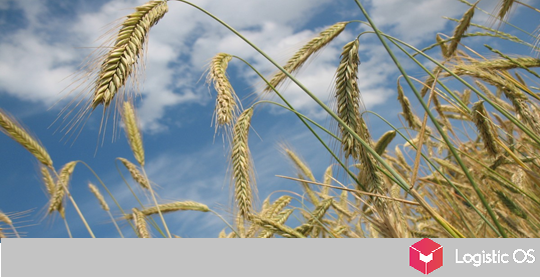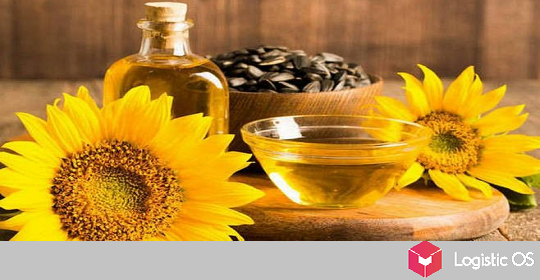With a similar initiative, the Fat and Oil Union (MZhS) applied to the Ministry of Economic Development of the country.
Currently, the export duty on sunflower is 6.5% per tonne, but not less than 9.75 euros. If new tariffs are adopted, the duty may rise to 20% or even up to 30% starting from January-February 2021.
As for soybeans, there is no duty at all for its export now. But if the initiative is implemented, then for the export of soybeans will also have to pay at a rate of 20%.
Why are new duties needed?
MZhS believes that this is the only way to lower domestic prices for sunflower and soybeans, while leaving these prices affordable for Russian producers.
First of all, this applies to oil producers and livestock breeders, for whom these products are raw materials.
In 2020, Turkey lowered the import duty on sunflower from 3% to 0%, and this creates the risk of a massive sale of the Russian crop there. In this case, Russian enterprises will have to compete with each other for raw materials, from which a rise in prices is inevitable.
What do the farmers think?
Of course, this measure is extremely unpopular with them.
For example, the president of the Ural-Don holding, Alexander Yaroshenko, is confident that the introduction of the duty will reduce revenues by 3-4 thousand rubles per ton. And the holding collects up to 10 million tons of sunflower per year.
The total losses are tens of billions of rubles.
This money will not be available to producers, which may reduce their desire to conduct their activities, and reduce the sown area. And all the profit will flow into the pocket of the processors, who will sell abroad not seeds, but oil.

There are even more questions about soybeans.
It is grown in Russia relatively little: about 4.5 million tons per year.
The main production facilities are in the Far East, the main buyer is China.
The introduction of the duty will force Far Eastern farmers to think about how to sell soybeans inside the country. If you take it, for example, to Moscow, then transport costs will be an order of magnitude higher than when selling it to the Chinese. This is highly unprofitable.
If the Ministry of Economic Development and Trade eventually increases duties, then they will most likely be in effect until the end of the 2021 season, significantly reducing the profit from the new harvest.
Therefore, agricultural producers and exporters very much hope that such a development of events will be avoided.

